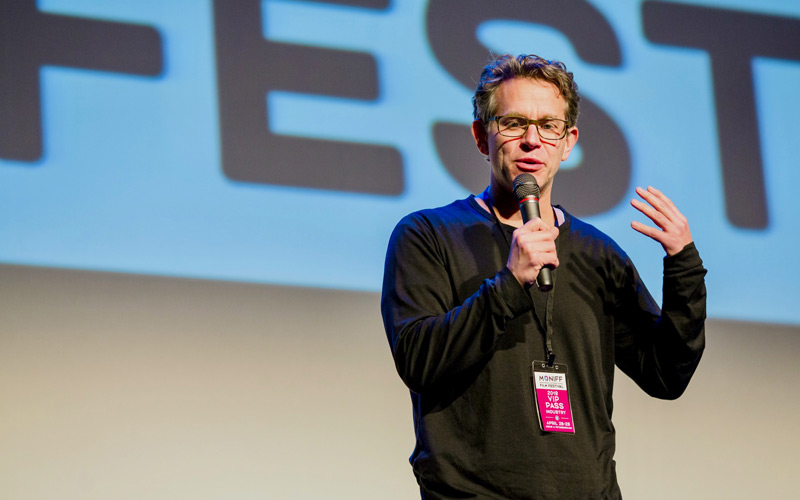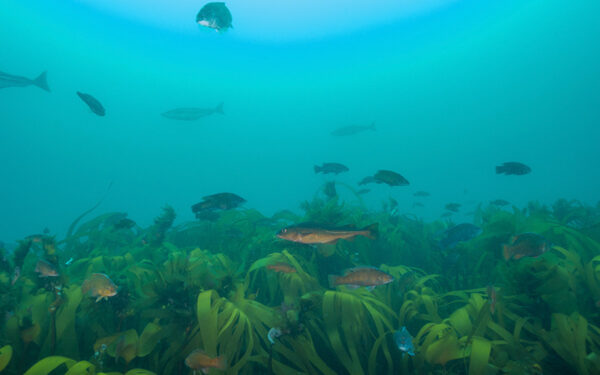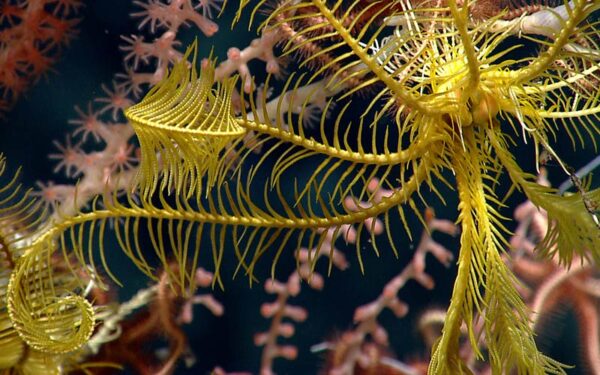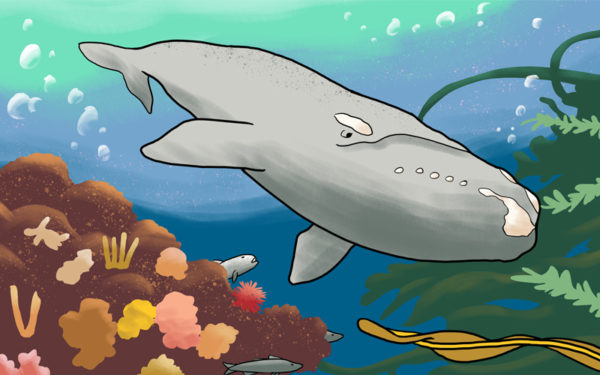
Award-winner journalist and documentary maker, David Abel, shares with us his experiences as storyteller and environmental advocate. Photo: Courtesy of David Abel.
Abel and his Globe colleagues won the 2014 Pulitzer Prize for their coverage of the Boston Marathon bombings. His latest award-winning documentary, “Entangled,” shares the plight of critically endangered North Atlantic right whales.
#1 – How did your career as a storyteller start?
When I left Ann Arbor, Michigan, where I went to college, I drove across the country to San Francisco. There, I wrote an over-the-top, coming-of-age novel, read overwrought poetry at open mics, and volunteered for the Haight Ashbury Free Press. When the publisher asked if I would consider taking over the publication – a holdover from the 60s where I may have been the only writer not dropping acid – I knew it was time to move on. I went to do a master’s program at Northwestern, which led me to my first paying job as a reporter for an expatriate newspaper in Mexico City.
#2 – How do you approach writing compared to filmmaking?
There are significant differences. Most stories aren’t cinematic and don’t lend themselves to the screen. But I try to approach both in the same ways – as exercises in probative, nuanced, and, hopefully, compelling storytelling. Whether in writing or on a screen, my goal is to unfurl a narrative, allowing the subjects to tell their stories with as little exposition or interference from a narrator as possible. My hope is to present a sufficient amount of reporting – by exploring the different strands of a story as fairly and thoughtfully as I can – that it allows readers or viewers to come to their own conclusions.
3 – How have your experiences reporting abroad influenced your perspective?
We’re all a product of our experiences, and I’ve been lucky enough to report and travel throughout the world.
My time in Latin America, especially while reporting in Cuba (where I began writing for The Boston Globe and was eventually deported), fueled my understanding of journalism as a means of trying to give voice to the voiceless. Covering conflicts in places like the Balkans, where I covered the war over Kosovo, gave me an appreciation for how stories tend to have lots of grays and nuances, rather than being straightforward and given to summary as simple tales of good versus evil.
#4 – What is your most cherished accomplishment?
I’m not sure how to answer that. I wouldn’t isolate one specific story or award.
For me, I think a sense of accomplishment comes when a story resonates with or moves people – either touching them in some unforeseen ways, opening their minds to views they hadn’t considered seriously, or pressing them to take action, such as changing laws or public policy.
#5 – What motivates you to cover environmental issues?
I didn’t grow up with any unique or special zeal for nature, though I was always drawn to the sea.
I have covered a number of beats over the years, including national security, terrorism, poverty, and academia. But over the past decade, it has become clear that the planet’s accelerating warming rate is likely to affect every facet of our existence – and that climate change is arguably the most important and compelling story of our time. I think it’s vital to cast light on those changes, as well as the many other consequences of how we’re affecting our environment.
Dive Deeper
Keep up with David Abel’s latest reporting at The Boston Globe and follow him on Twitter @davabel
[widget id=”clf_cta_widget-6″]



